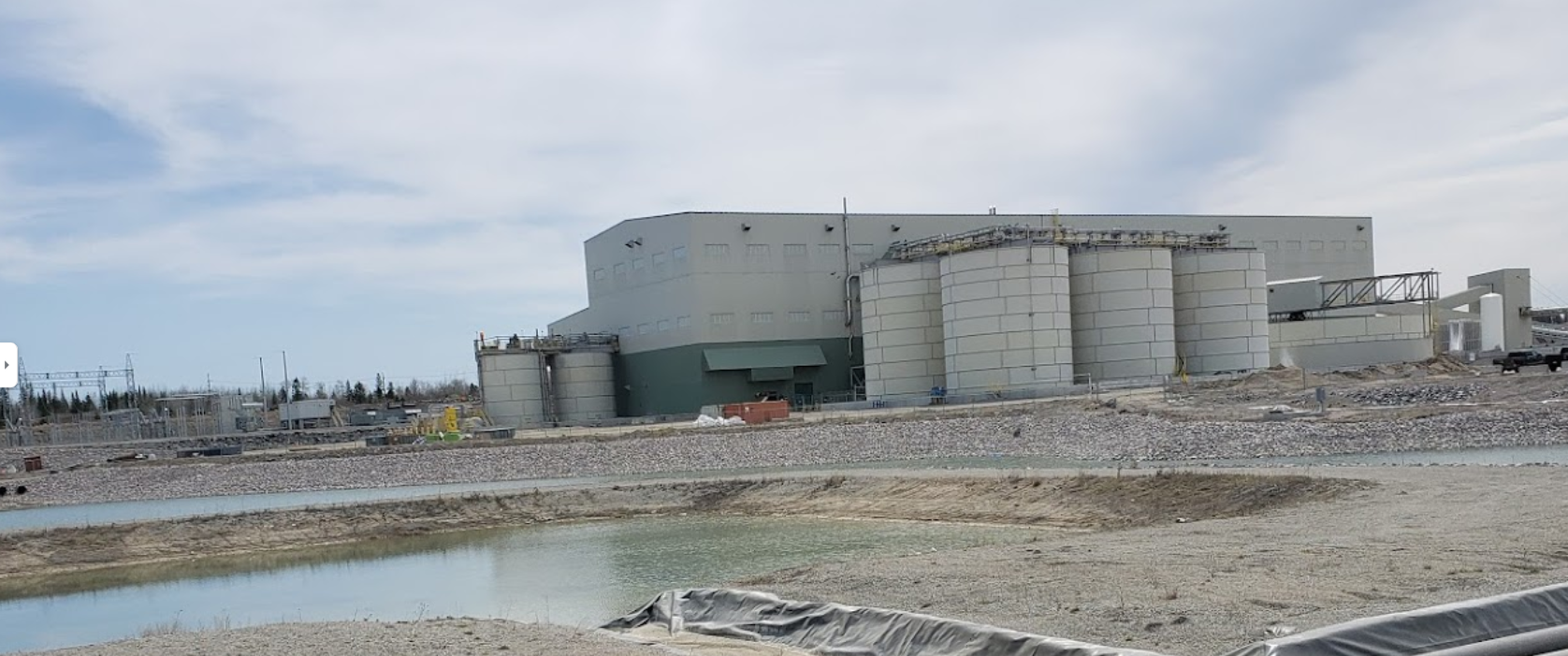On July 24th, Jeffrey Woolsey, a worker for New Gold Inc., was killed on the job while operating equipment at the Rainy River gold mine in northwestern Ontario. This is not the first instance of the Toronto-based mining company violating legal standards in recent years.
For instance, the corporation was fined a total of $100,000 in a separate incident in 2016 for failing to comply with the regulations under the Lakes and Rivers Improvement Act. As a result of the infractions, water overtopped their incomplete Teeple Dam. This caused the dam to partially erode and allow harmful sediments to enter the Pinewood River.
In a statement, the company said: “The health, safety and well-being of our employees is our top priority. The company is working closely with local authorities and an investigation is underway.” However, a quick glance at the company’s financial reports suggests that safety might not be the priority for the billion-dollar corporation.
Drastic spending cuts, increased demands on workers
According to financial statistics posted on its website, New Gold Inc. has recorded over $60 million in losses in a period of two consecutive years. Between 2022 and 2023 alone, the company lost $170 million of its equity, accounting for about 17% of its net value.
Prior to Woolsey’s death, New Gold Inc. had promised to increase gold production at Rainy River by 18.9% within a single year, while managing to simultaneously cut operating costs by 11.6%. Fears of capital flight may have led to this move.
According to the company’s Annual Information Form (2023), New Gold’s management promised that “Looking forward, production at the Rainy River Mine is expected to increase significantly over the next three years.”

New Gold chases profits in the midst of tragedy
On July 27, only three days after Woolsey’s untimely death, operations returned to business as usual at the Rainy River Mine. New Gold claimed in a statement that they came to this decision “as no other equipment or site infrastructure was impacted in the incident.”
According to its gold production estimates, New Gold expects to extract between 250,000 and 280,000 ounces of gold from Rainy River by the end of 2024. New Gold has projected that these estimates will increase to between 295,000 and 335,000 ounces by the end of 2025, and further to between 315,000 and 355,000 ounces by the end of 2026.
If this holds true, New Gold would see an average increase of 50k and 20k ounces of gold per year in 2025 and 2026 respectively.
Likewise, New Gold has promised to reduce operating costs per ounce of gold during that same two-year timeframe. Rainy River’s operating cost per ounce of gold was estimated to be between $1,025 and $1,125 per ounce in 2024, for an average cost of $1,075 per ounce. The company stated that these figures will be reduced to $900 to $1,000 per ounce in 2025, and further to $800 to $900 per ounce by 2026.
Despite New Gold’s assertions in the media that it is committed to the safety of its employees, the emphasis on reducing operating costs in its statements to investors reveals other priorities. This reduction, which would necessarily include cuts in human resources spending, raises questions about its impact on health and safety investments.
What’s more, increased pressure on workers and a faster pace of work, often associated with pushes for higher productivity, have been linked by some studies to an increased risk of injury.

